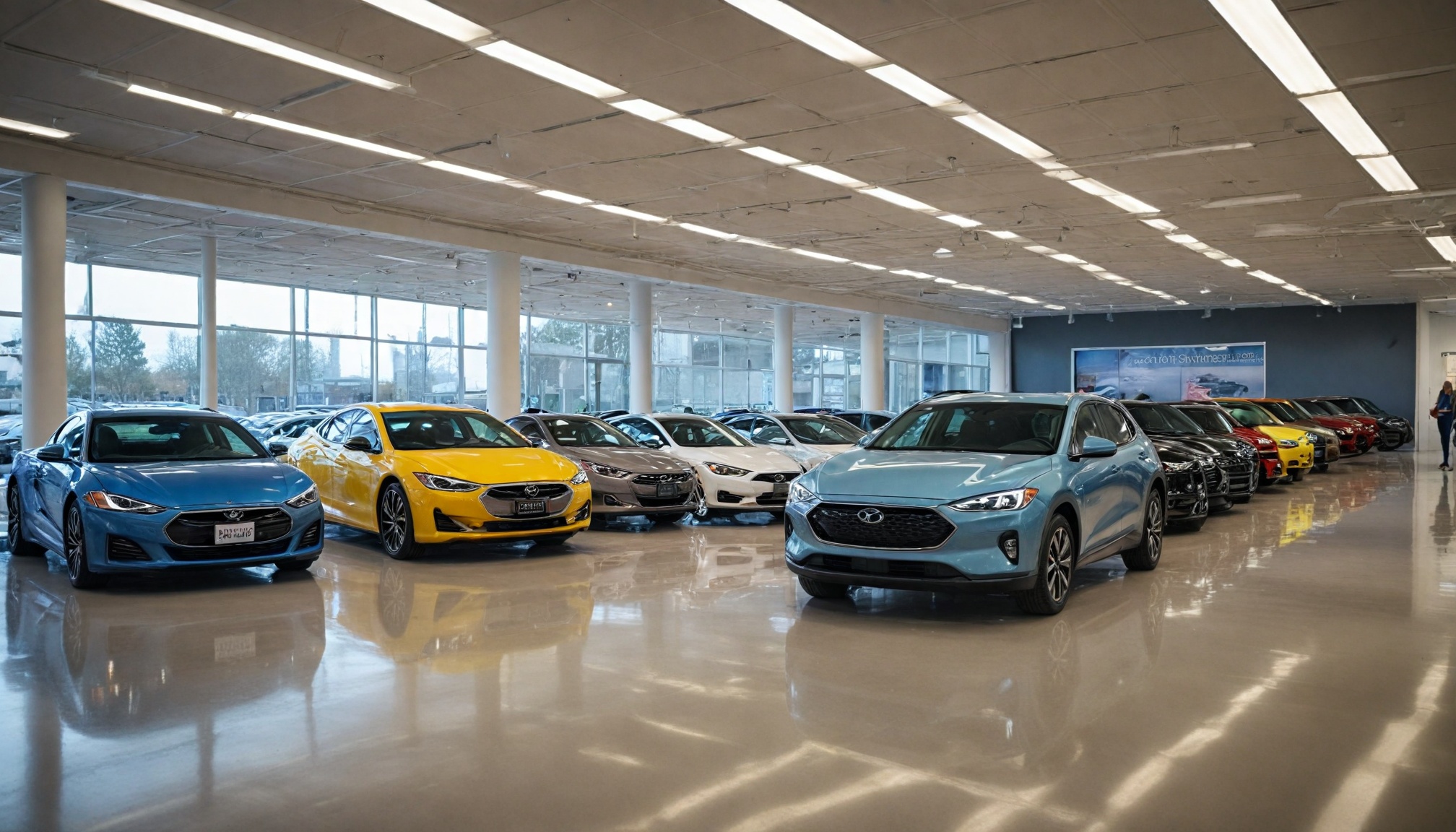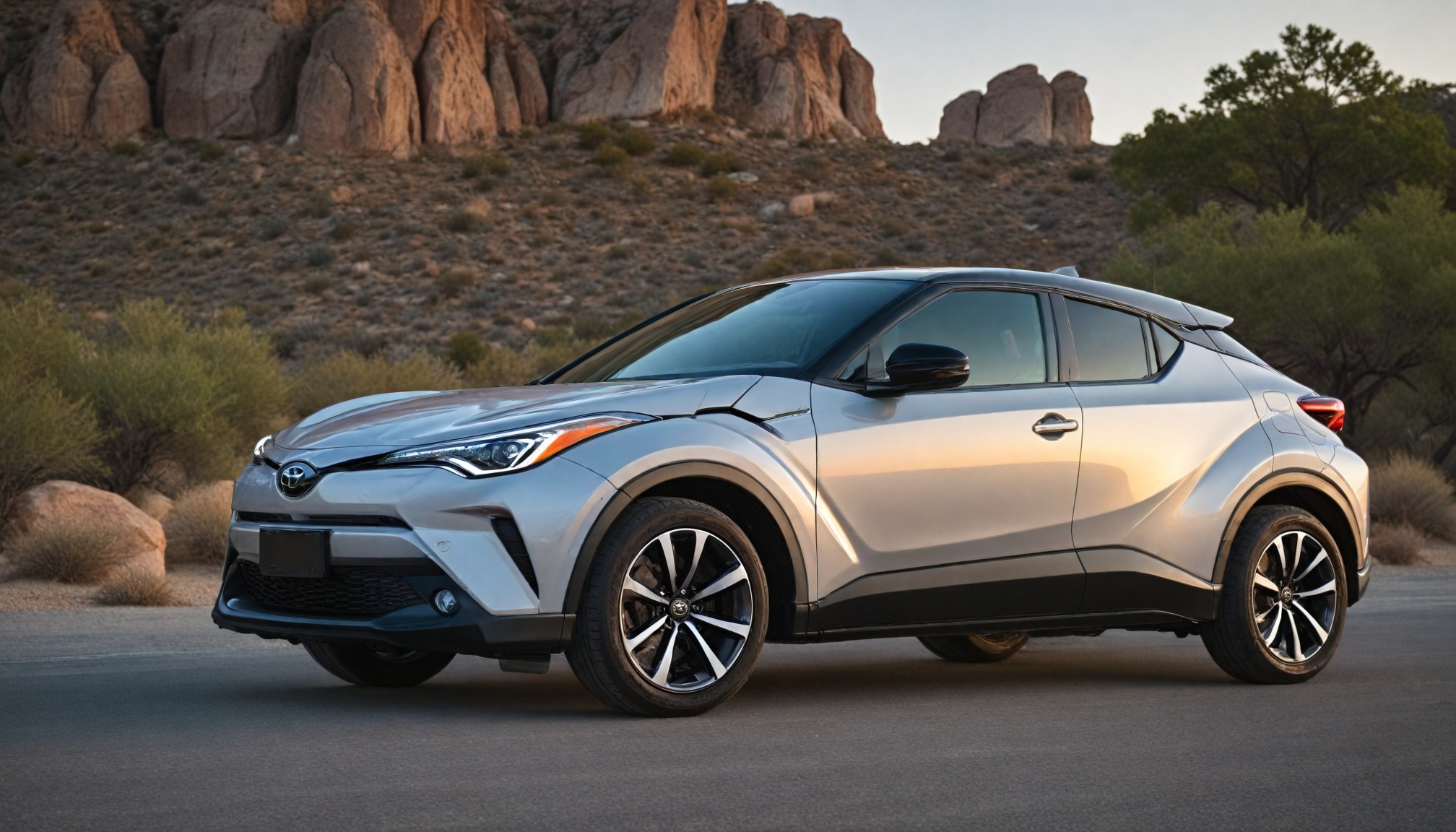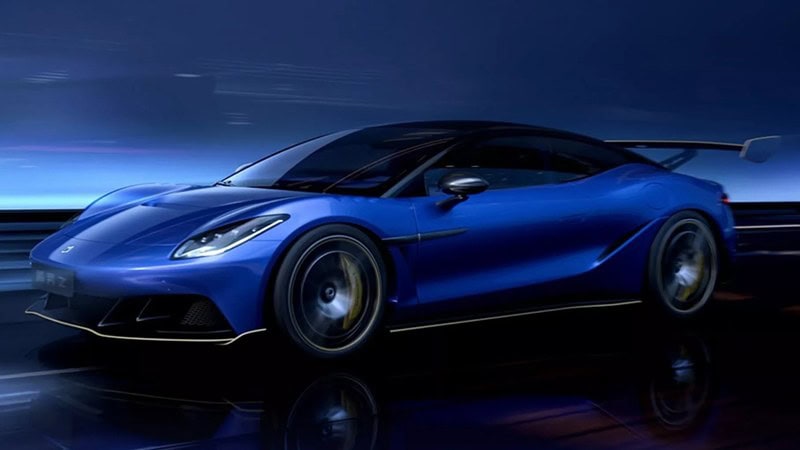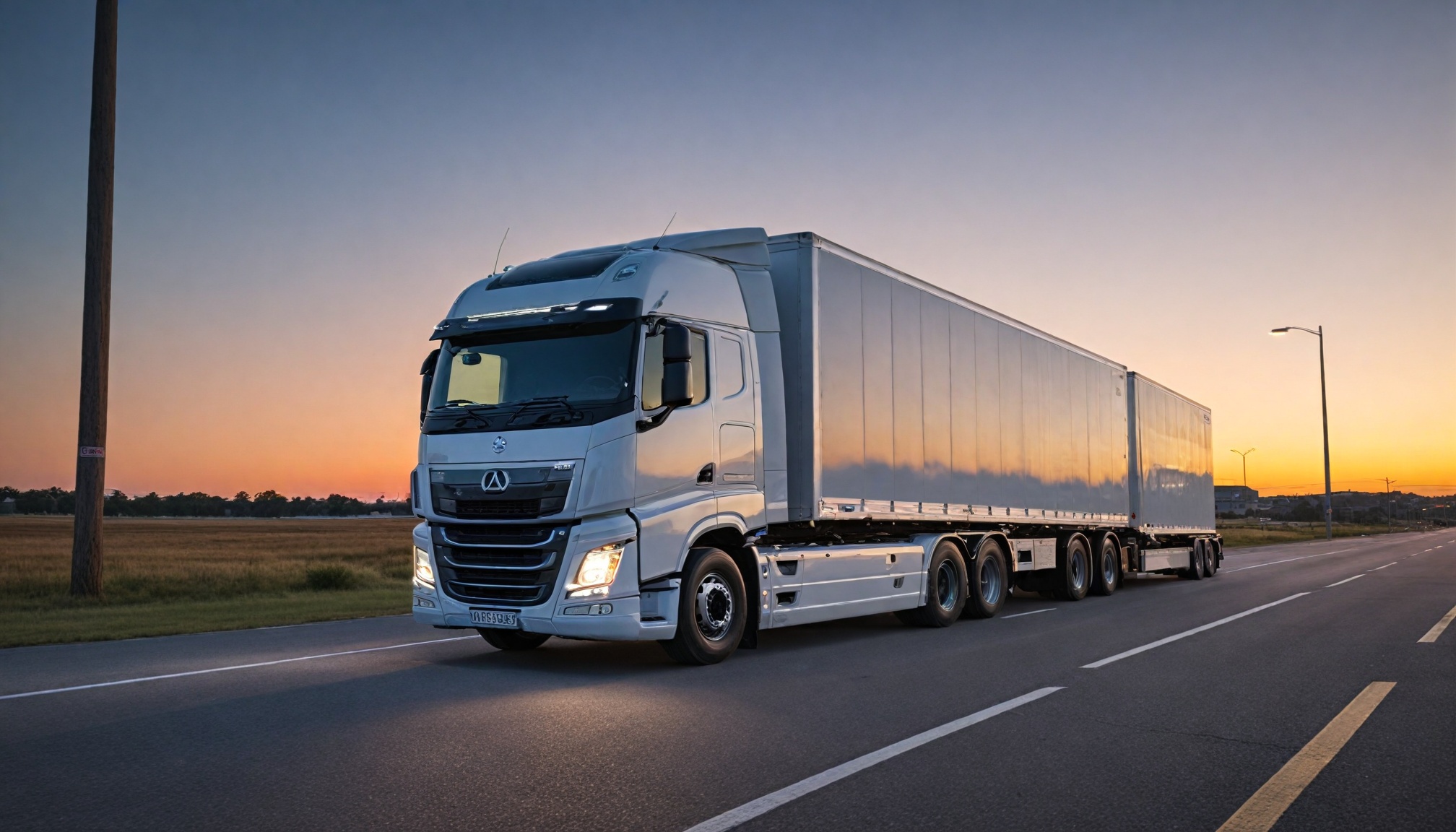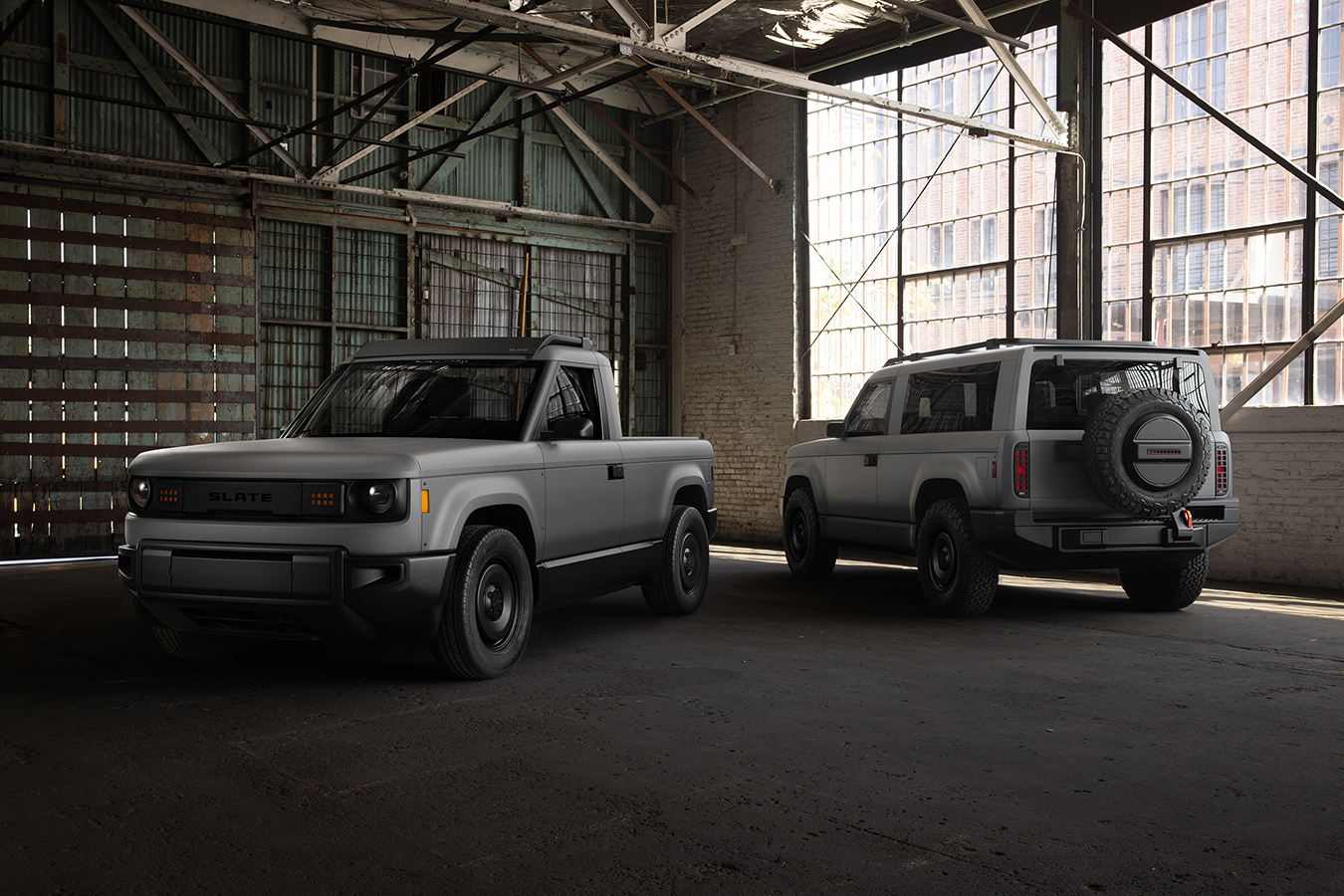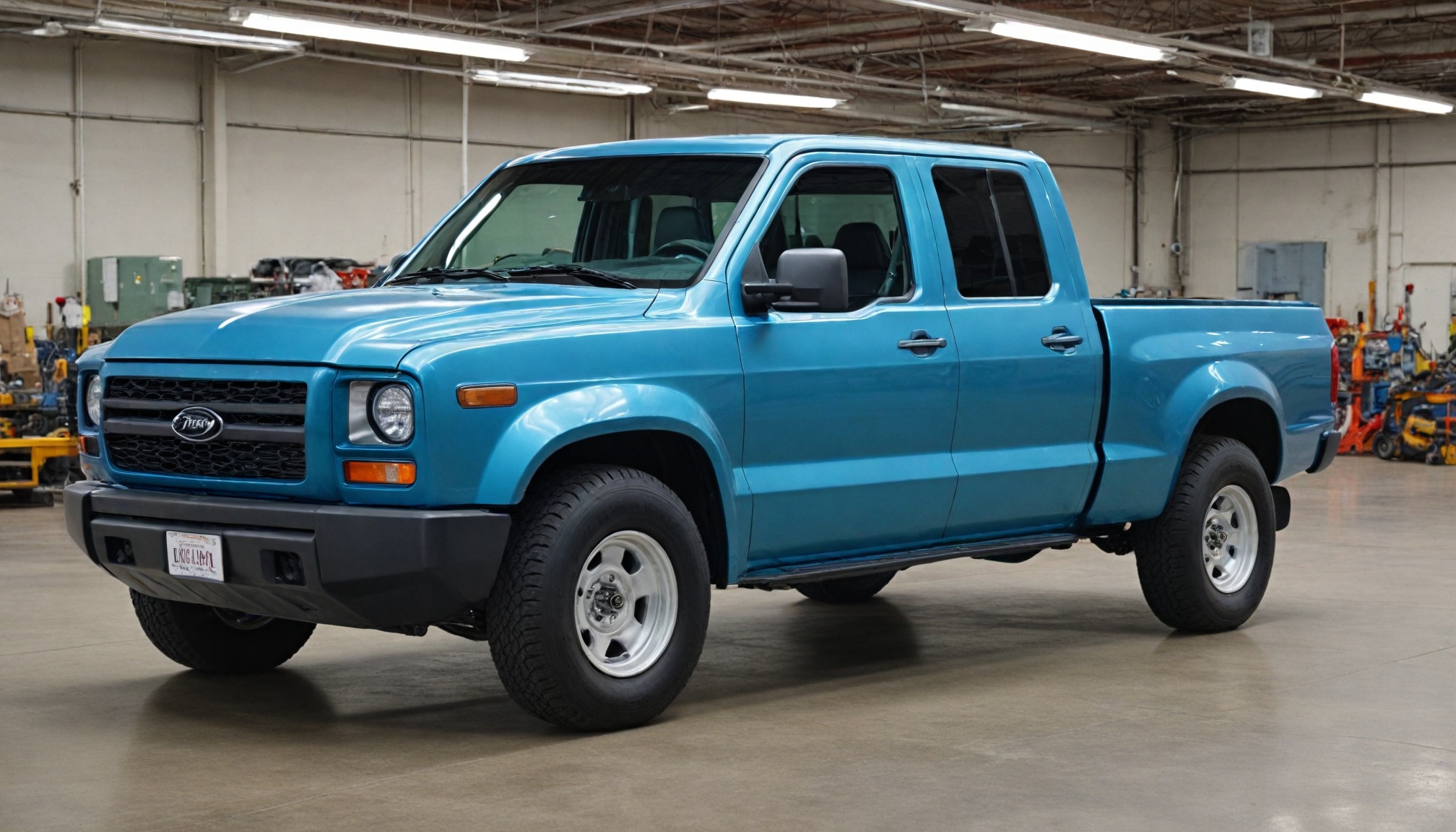
Slate Auto revolutionizes EV market with $20K pickup using plastic panels, minimal features, and repurposed factory—challenging industry norms with practical affordability.

Drivetech Partners
Slate Auto is transforming the electric vehicle landscape with its groundbreaking approach to manufacturing a $20,000 pickup truck in a repurposed Indiana factory. By leveraging injection-molded plastic body panels and a philosophy of extreme simplification, the Michigan-based startup aims to create the most affordable EV in America while revitalizing dormant industrial infrastructure.
Key Takeaways
Slate Auto's truck will cost under $20,000 after federal tax credits, significantly undercutting the average EV price of $59,205
The company uses injection-molded plastic body panels instead of traditional metal, reducing weight and manufacturing costs
Production will occur in a repurposed 1.4 million-square-foot printing plant in Warsaw, Indiana, creating up to 2,000 jobs
The minimalist design philosophy embraces manual windows, analog controls, and no central infotainment screen
This approach challenges conventional auto industry assumptions about vehicle features, technology, and manufacturing processes
A Revolutionary Approach to Affordable Electric Vehicles
Founded in 2022 and backed by Amazon founder Jeff Bezos, Slate Auto has remained in stealth mode until April 2025. The Michigan-based startup is led by automotive industry veteran Chris Barman, who has assembled a team focused on addressing a critical gap in the EV market: truly affordable electric transportation.
With a starting price under $27,500 that drops below $20,000 after federal tax credits, the Slate truck would significantly undercut every other EV on the market. For comparison, even entry-level options like the Hyundai Kona, Toyota bZ4x, and Nissan Leaf all start above $30,000, while the average EV transaction price in March 2025 stood at a hefty $59,205 before incentives.
The company plans to begin production in late 2026 for the 2027 model year, with reservation slots available now for a $50 refundable deposit. This aggressive pricing strategy targets price-conscious consumers who, according to Slate, "have been ignored by the auto industry" as EV makers have primarily focused on premium segments.
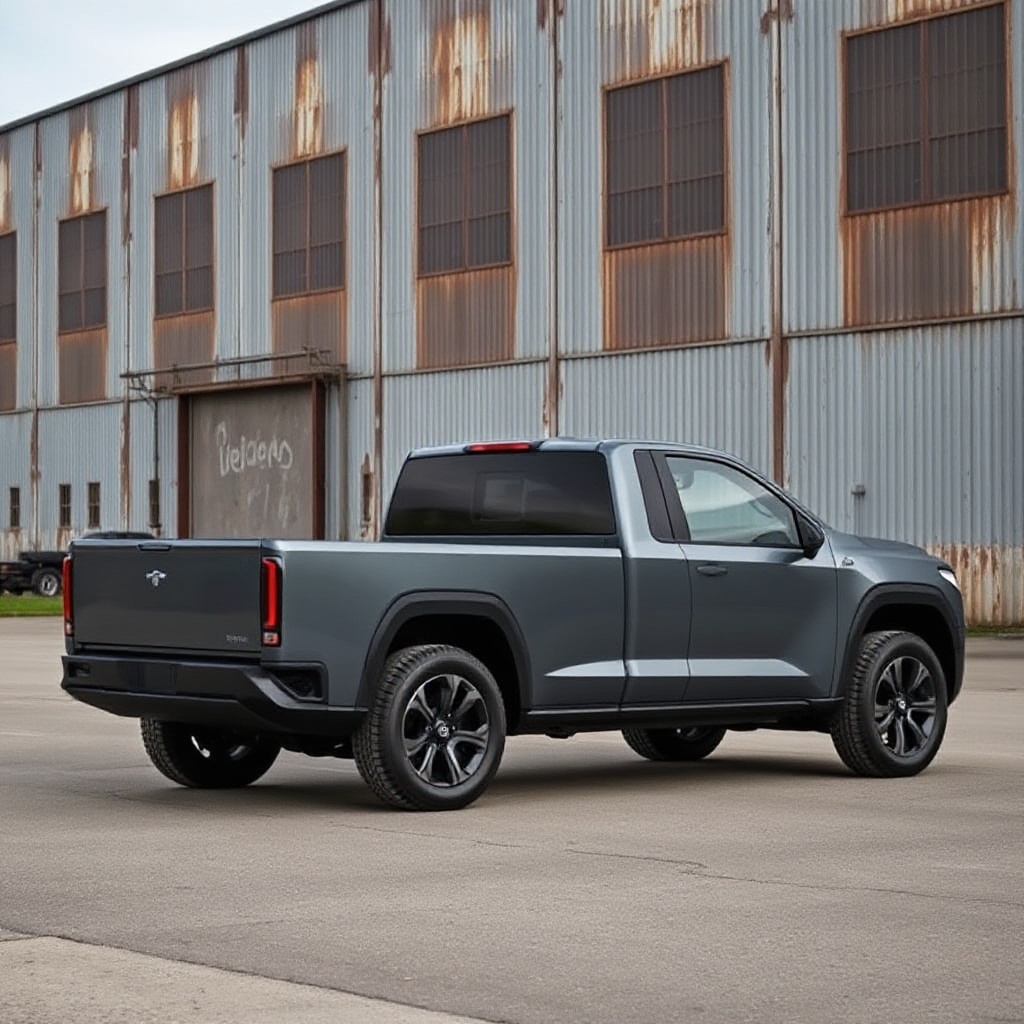
Innovative Manufacturing Methods Slash Costs
At the heart of Slate Auto's ability to hit its ambitious price target is a radical rethinking of how vehicles are produced. Rather than using traditional stamped metal body panels, the company employs injection-molded plastic components similar to techniques that Chrysler pioneered with PET (polyethylene terephthalate) plastic.
This approach offers multiple benefits including lightweight construction, improved efficiency, and better impact resistance. The trucks come in a standard "slate" gray color without paint, allowing owners to customize with vinyl wraps if desired—another significant cost-saving measure.
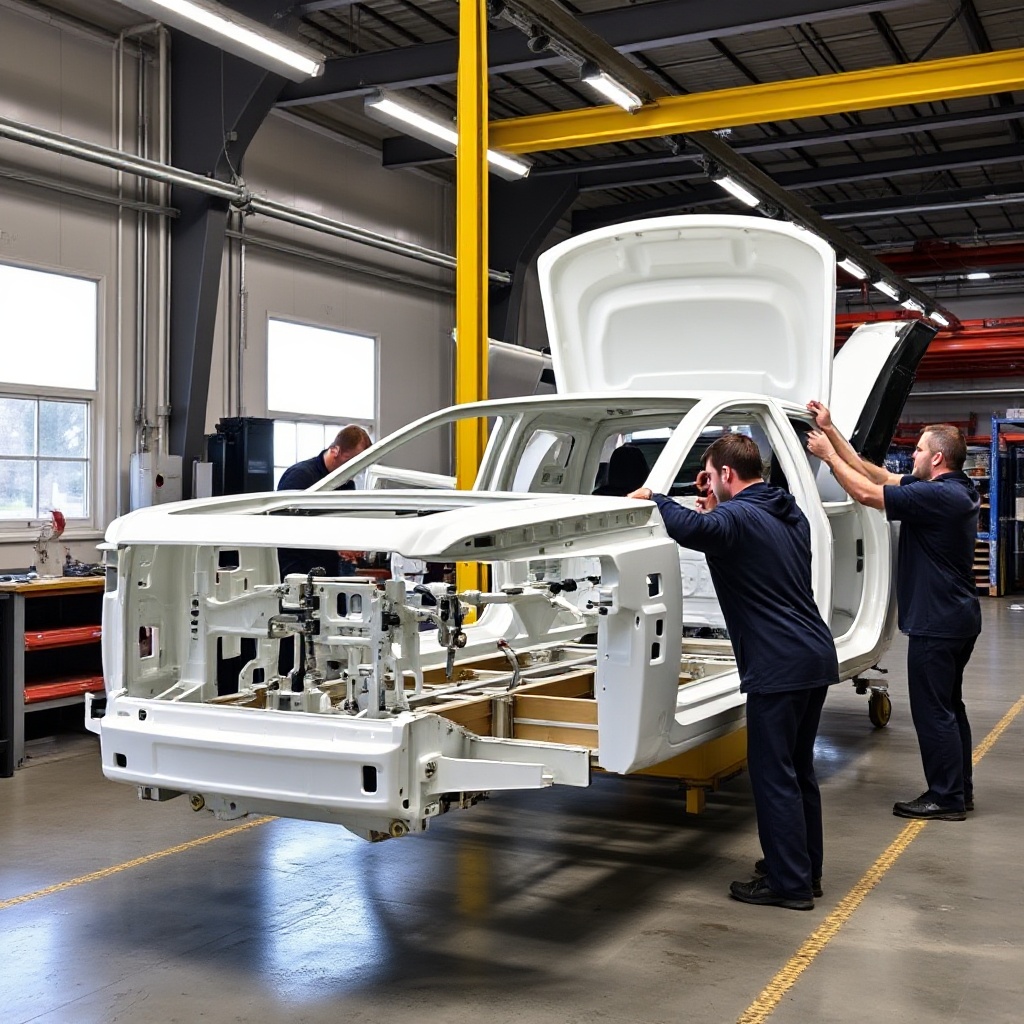
Slate's manufacturing strategy also includes:
A single model product line to streamline production
Minimal options and standardized components
Modular design allowing transformation from pickup to SUV
US production to avoid potential tariff issues
Breathing New Life Into America's Industrial Heartland
In keeping with its mission of "re-industrializing America," Slate Auto has chosen a 1.4 million-square-foot former printing plant in Warsaw, Indiana for its manufacturing operations. This decision represents a sharp departure from the trend of building massive new facilities, instead focusing on adaptive reuse of existing infrastructure.
The facility is expected to employ up to 2,000 people according to economic development officials, with additional jobs likely to be created through supply chain and supporting industries. Kosciusko County has offered an incentive package to support the development, though specific details remain undisclosed.
This approach to manufacturing not only creates jobs but also demonstrates how dormant industrial spaces across the American heartland can find new purpose in the electric vehicle era without requiring the massive capital expenditures typically associated with new auto plants.
Minimalist Design That Prioritizes Function Over Features
Walking around a Slate truck reveals just how dramatically the company has rejected industry convention. In an era where vehicles increasingly resemble rolling computers, Slate has embraced an almost retro approach focused on practical utility.
The truck features:
Manual windows instead of power windows
No central infotainment display, only a small essential digital readout
Physical AC knobs and minimalist controls
Industrial aesthetic with exposed "bolts" on panel-like exterior
Steel wheels to further reduce costs
This "plug and play" philosophy allows customers to optionally add features rather than paying for technologies they might not need or want. It represents a direct challenge to Tesla's approach of maximizing technology and digital interfaces, instead embracing analog features and mechanical simplicity.
Practical Specifications For Everyday Use
Despite its budget-friendly approach, the Slate truck offers capable performance for daily use. The base model includes a 52.7 kWh battery providing 150 miles of range, while an extended battery option offers 240 miles from its 84.3 kWh pack.
Power comes from a single 150kW motor on the rear axle, generating 201 hp and 195 lb-ft of torque. The truck boasts a 1,433 lbs payload capacity and can tow up to 1,000 lbs, making it suitable for many typical light-duty pickup tasks.
Other practical features include:
17-inch wheels and a five-foot bed
7 cubic feet of front trunk storage with a drain for tailgating use
North American Charging Standard port
Modular design allowing transformation from 2-seat pickup to 5-seat SUV in about 90 minutes
Challenging Industry Conventions
Slate Auto's approach represents a fundamental rethinking of automotive priorities in several ways. While most manufacturers compete in a technology arms race—adding increasingly sophisticated driver assistance systems, connectivity features, and luxury appointments—Slate has opted for radical simplification.
This strategy challenges deeply held assumptions about what consumers actually need versus what they've been conditioned to expect. By focusing solely on essential transportation at an affordable price, Slate aims to democratize electric mobility in ways that current manufacturers haven't achieved.
The single-model approach also runs counter to traditional automotive strategy, which typically relies on platform sharing across multiple vehicles with different body styles and price points. Slate's focused production model could prove significantly more efficient if consumer demand aligns with their vision.
Navigating Production Hurdles and Market Forces
Despite its promising approach, Slate Auto faces significant challenges. The company's ability to hit its ambitious price targets depends partly on the continued availability of federal tax credits through 2026. Potential tariffs on imported EV batteries and components could also impact final pricing.
Additionally, the company must balance cost-cutting with quality and reliability expectations. As established manufacturers begin entering lower-price segments of the EV market, Slate will face increasing competition from brands with deeper resources and existing dealer networks.
Perhaps the biggest question is whether enough consumers will embrace the minimalist approach. While some buyers may appreciate the back-to-basics philosophy, others might find the lack of modern conveniences like power windows and touchscreens too spartan for their tastes.
Nevertheless, Slate Auto's bold experiment represents an important test of the market's appetite for basic transportation versus feature-rich vehicles. If successful, it could establish a new manufacturing paradigm using plastic components and modular design that influences the broader industry approach to affordable electric vehicles.
Sources
TechCrunch - Slate Auto eyes former Indiana printing plant for its EV truck production
YouTube - Slate Auto truck reveal
The Autopian - Slate Auto is building the anti-gigafactory
TechCrunch - Bezos-backed Slate Auto debuts analog EV pickup truck that is decidedly anti-Tesla
